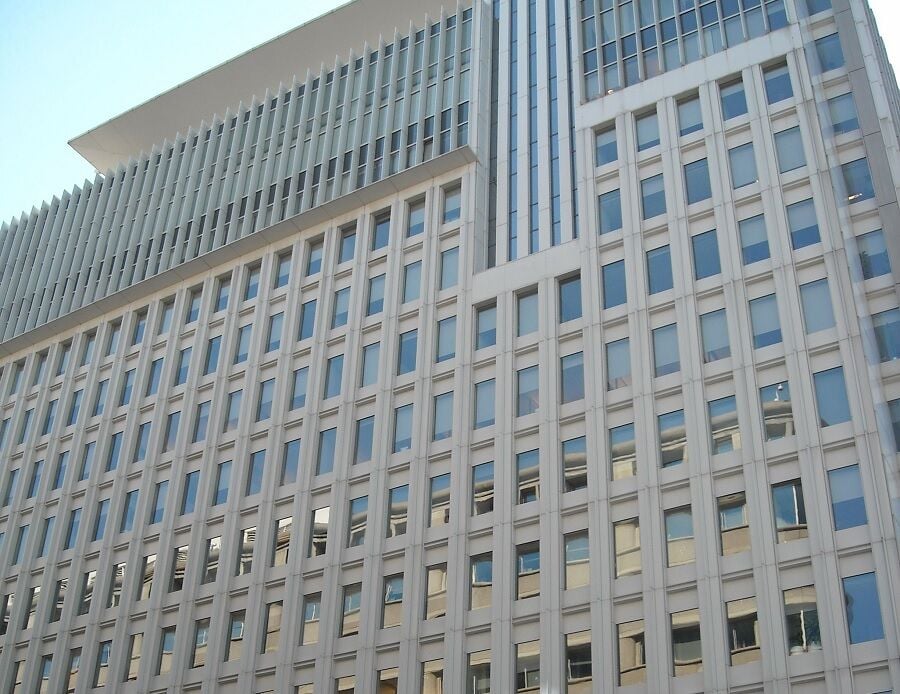Global economy to grow in 2024, Thai leaders face new challenges

The global economy is projected to grow in 2024, according to forecasts by leading business groups and the World Bank. However, Thai leaders are expected to navigate new challenges such as bridging generational gaps in conversations and encouraging younger workers to mentor older employees on new technologies. Meanwhile, the stress levels among all employees are at an all-time high, triggering a reconsideration of the employer-employee relationship dynamics.
The necessity of understanding one’s leadership context is vital. Context is a critical factor in the operation of businesses and industries. The transition from product-centric to solution-oriented approaches has been a challenging shift for industry players, including partners and clients. This mirrors the difficulty of providing contextually appropriate leadership to a workforce that is increasingly diverse, multi-generational, and consistently evolving.
In 2023, the company experienced a reduction in the number of employees. However, diversity in terms of age, identification, nationalities, expectations, and aspirations increased, a change that was ultimately beneficial. The strategies that were successful in 2023 may no longer be applicable in the changing context.
To adapt to these changes, leaders could consider several steps. It is critical to analyse the current business environment and organisational changes. Identifying changes in external pressures, employee morale, and team dynamics can help formulate better strategies. Feedback from employees, customers, and stakeholders is essential in identifying areas that need adjustment.
Leaders should evaluate the effectiveness of their current leadership strategy and identify any gaps in skills, knowledge, or communication. Open communication is crucial, with regular meetings and feedback sessions that allow employees to share their perspectives and concerns. Allocating resources and time for leadership development and training could enhance skills needed in the new context.
It is also crucial to monitor the impact of these adjustments and make further changes based on feedback and results. Participating in professional networks and conferences can provide insights into best practices.
Leadership growth
Research by organisational psychologist Tasha Eurich indicates that while 90% of individuals believe they are self-aware, less than 15% are. Being open to feedback, pursuing self-improvement, managing emotions, and creating accountability are important for leadership growth.
In times of change, understanding one’s leadership style helps in better self-management, effective communication with the team, and understanding the impact of one’s actions on others. Leaders need to continuously evaluate and adapt their strengths and weaknesses as skills and jobs evolve. Rebuilding self-awareness is crucial for leaders to guide and inspire change in others.
Arinya Talerngsri, the Chief Capability Officer, Managing Director, and Founder at SEAC — Southeast Asia’s Lifelong Learning Centre, expresses her fascination with transforming education for all to create better prospects for Thais and people globally, reported Bangkok Post.
Latest Thailand News
Follow The Thaiger on Google News:


























